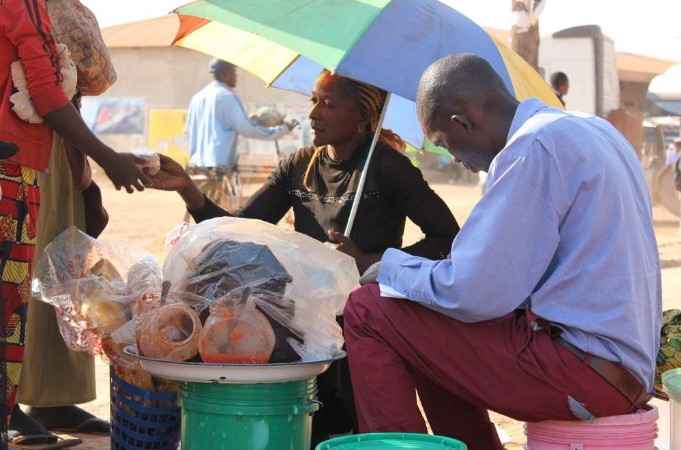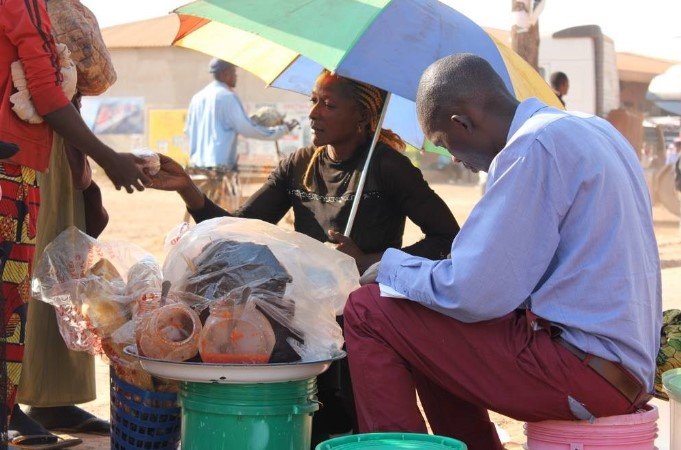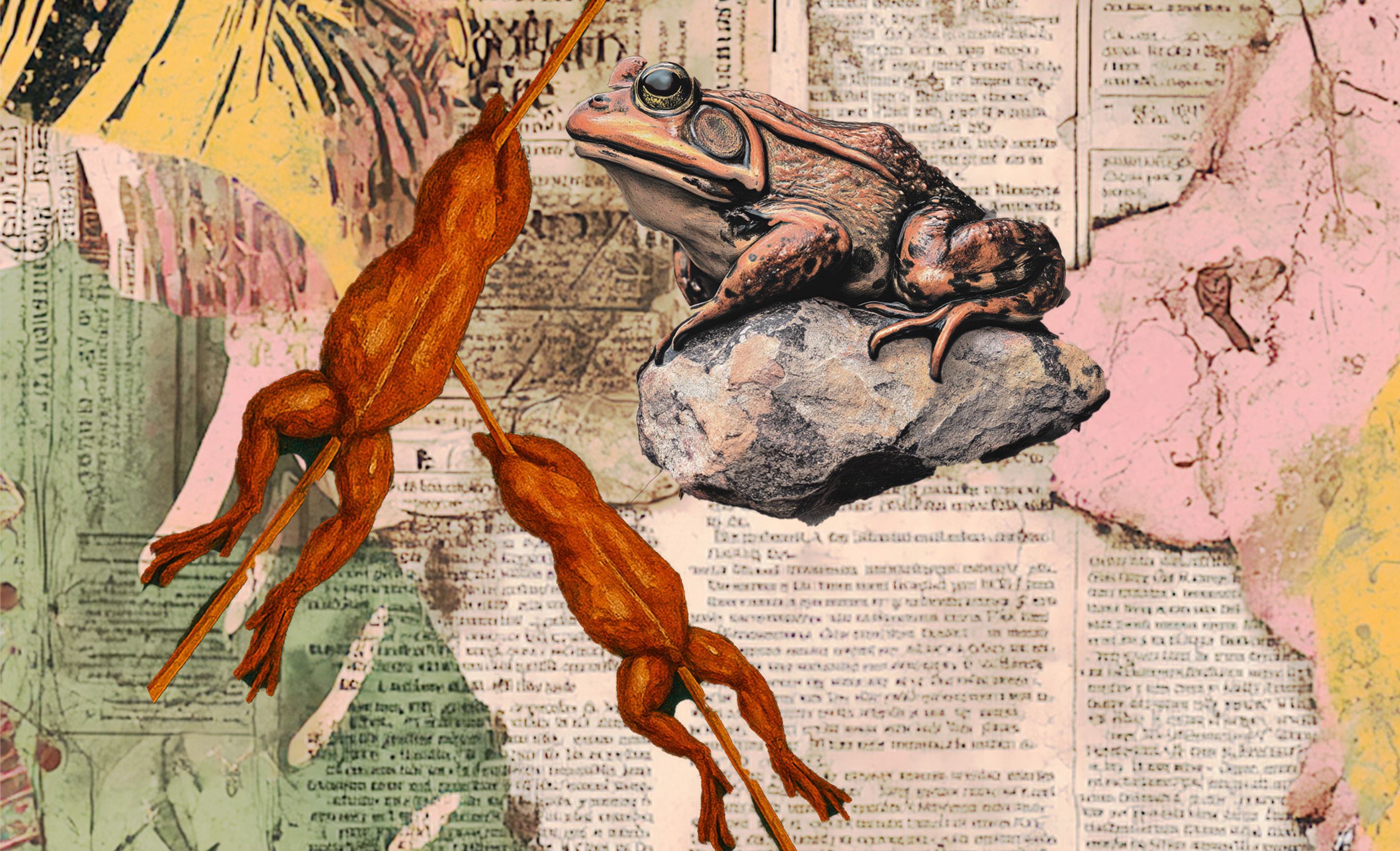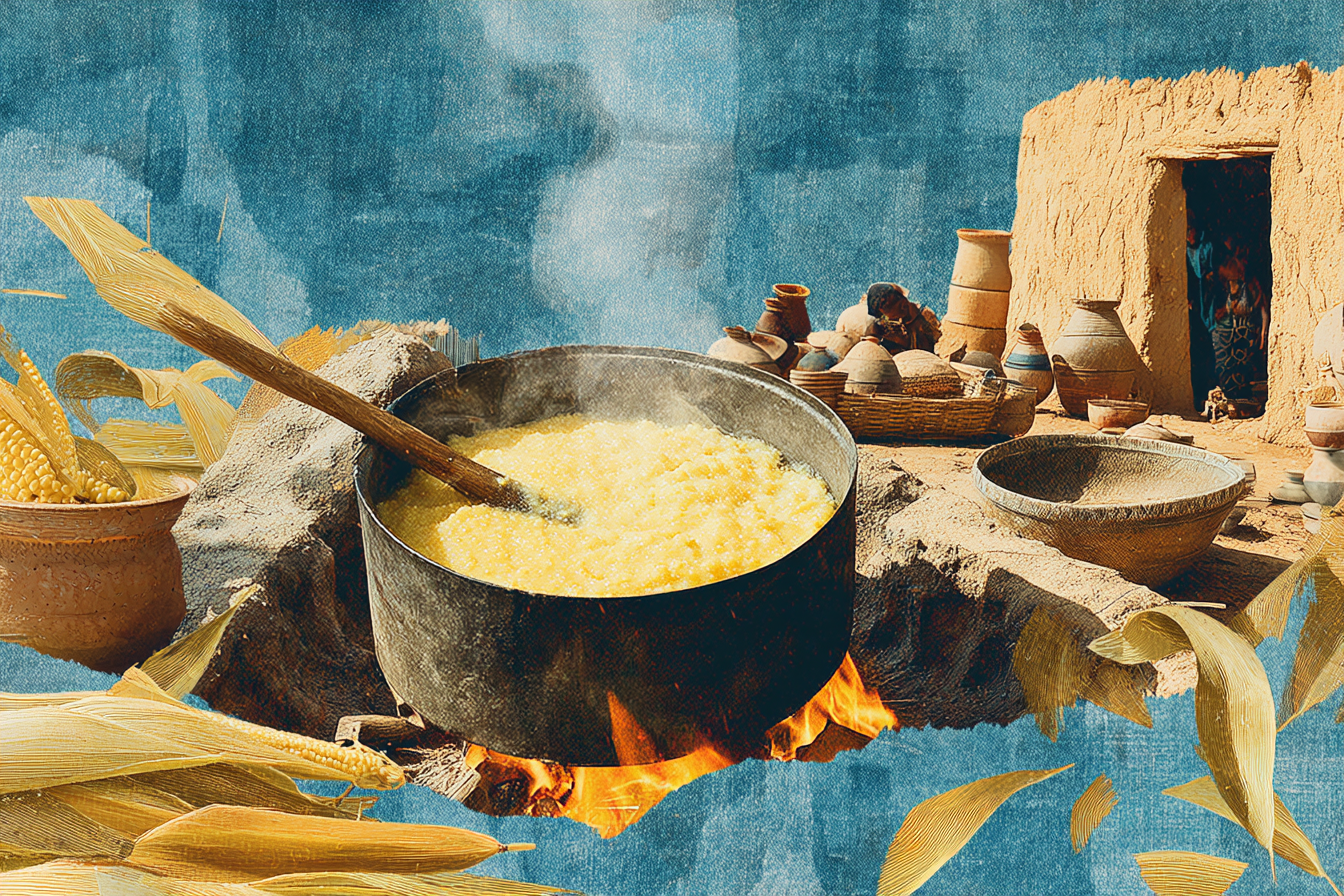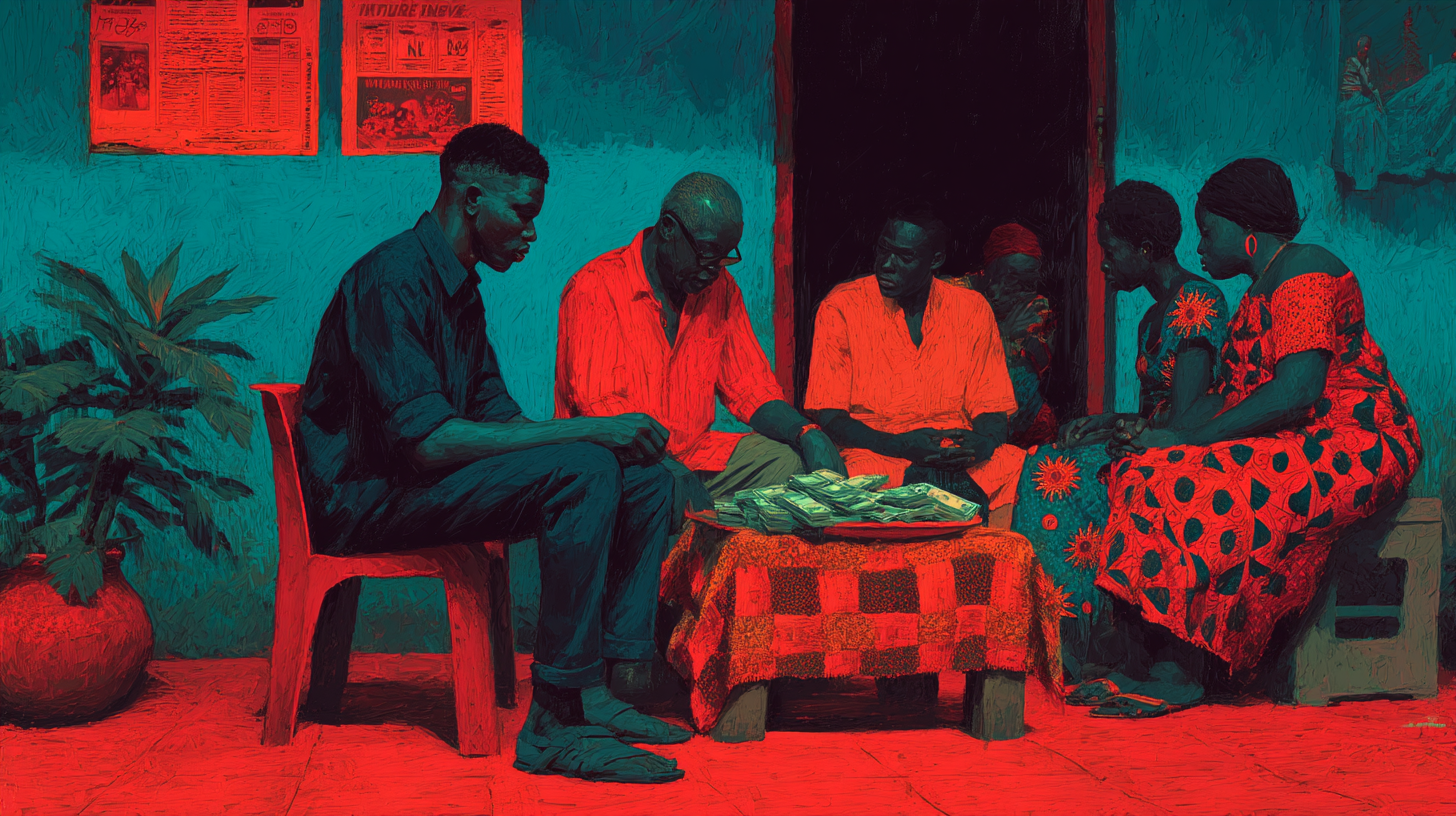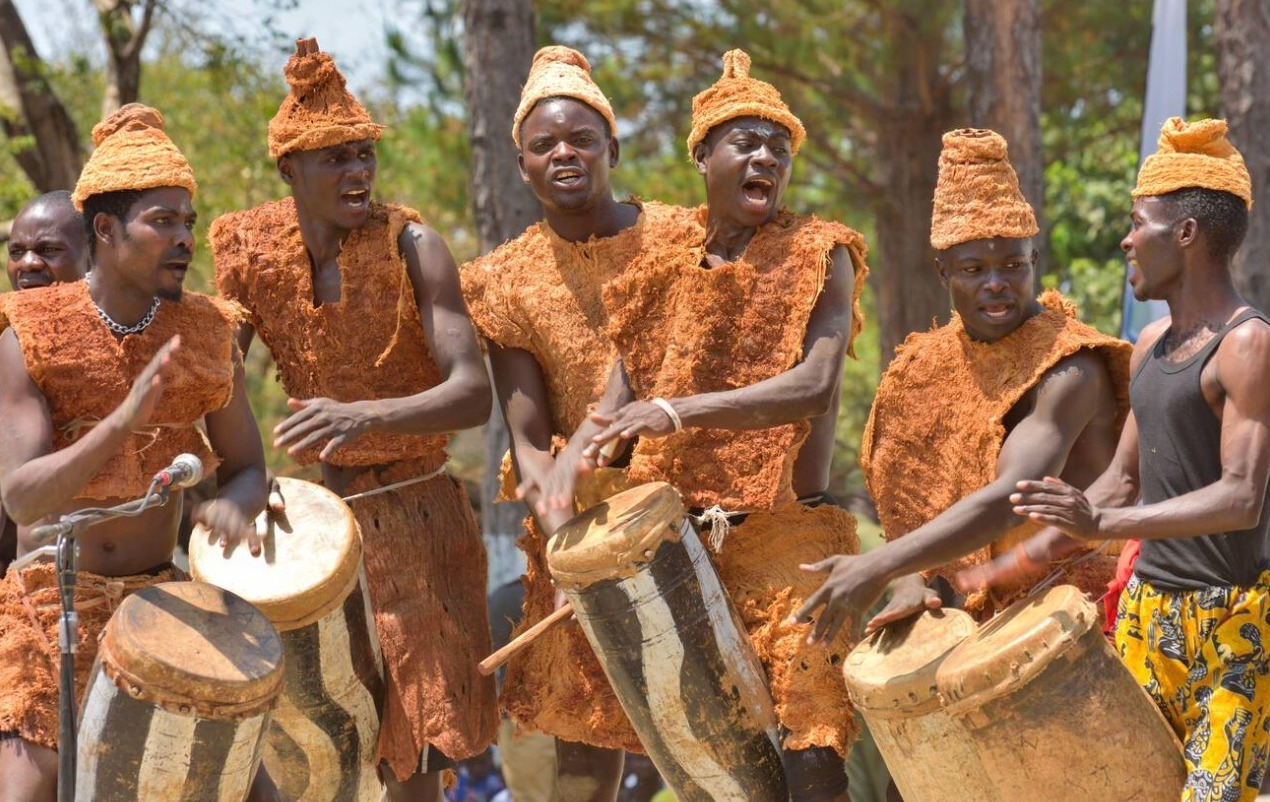"You are the groundnuts in my chikanda." It's a corny pickup line many Zambians have heard, often said in jest. But chikanda is no joking matter. In the realm of Zambian cuisine, few dishes hold as much cultural significance and culinary charm as chikanda. Also known as African polony (a somewhat tongue-in-cheek phrase), chikanda is a beloved delicacy that traces its origins to the Bemba people of Zambia. This unique dish offers a tantalising blend of flavours and textures, making it a cherished part of Zambia's gastronomic heritage.
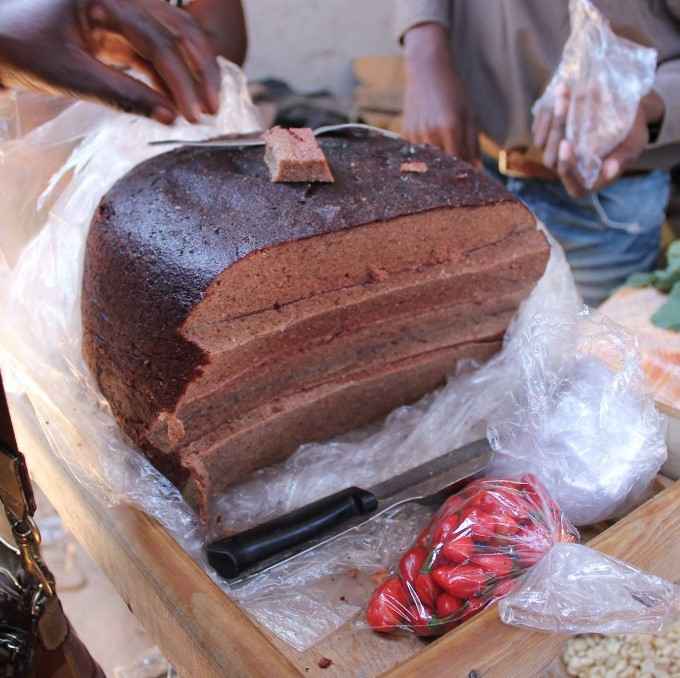
Origins and Cultural Significance
Chikanda was developed out of necessity during times of famine when people needed new food sources to survive. It's a testament to Zambian ingenuity and adaptability. Today, it is associated with celebrations—weddings, parties, and happy occasions—and is also a popular street food. An affordable snack for people on the move, chikanda is entirely vegan, yet its meaty texture makes it a perfect choice for those reducing or cutting out meat entirely.

What is Chikanda Made From?
Chikanda is created from wild orchids, specifically the African ground orchid or African potato. These tubers have been a nutritious and sustainable food source for generations. After being harvested, the tubers are dried and ground into a fine powder, forming the base of the dish.
The preparation of chikanda is meticulous, requiring patience and skill. The cleaned and sun-dried orchid tubers are ground into a powder and mixed with groundnuts, optional chilli peppers, and various spices. This creates the distinctive flavour profile that has made chikanda a staple in Zambian cuisine.
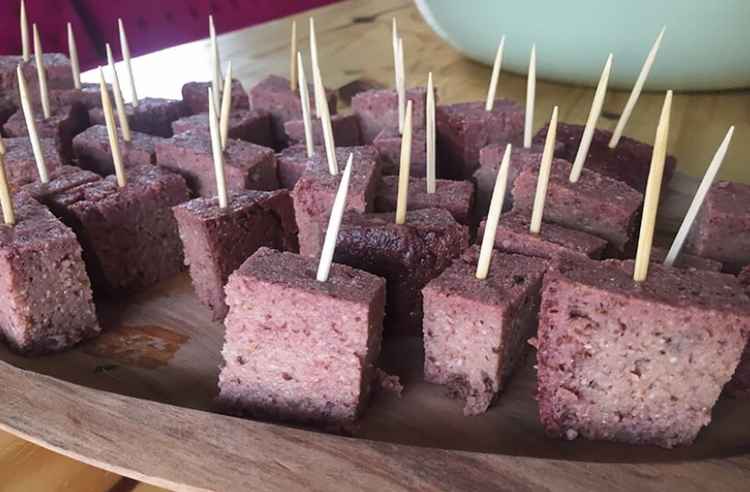
Sustainability Concerns and Conservation Efforts
Despite its popularity, chikanda faces significant challenges due to concerns about the sustainability of wild orchid harvesting. Overharvesting has led to a decline in orchid populations, raising alarms over the long-term availability of this cherished dish.
In response to these concerns, several initiatives have been launched to encourage the cultivation of alternative ingredients and promote awareness about the importance of conservation and sustainable harvesting practices. Although there have been fears that chikanda production could be threatened entirely, efforts to manage orchid harvesting carefully have helped keep the dish on Zambian plates.
The wild orchids used for chikanda are difficult to cultivate, making sustainable management crucial for preserving Zambia's culinary landscape.
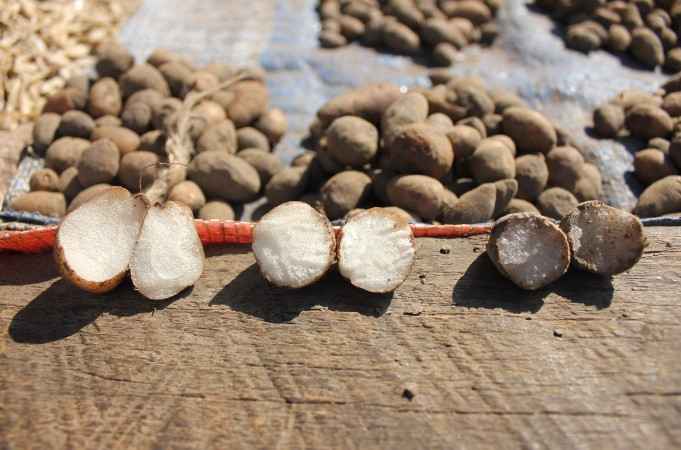
Chikanda in Modern Zambia
Today, chikanda holds a special place in the hearts of Zambians. It's more than just a dish—it symbolises tradition, community, and cultural heritage. For some, its cultural significance is so deep that it's said, "You're not truly a Bemba woman if you don't know how to make chikanda."
As Zambia embraces modernisation and globalisation, the legacy of chikanda reminds us of the importance of preserving and celebrating Indigenous culinary traditions. In a world where culinary diversity is at risk, dishes like chikanda offer a window into the rich, flavorful world of Zambian cuisine.
